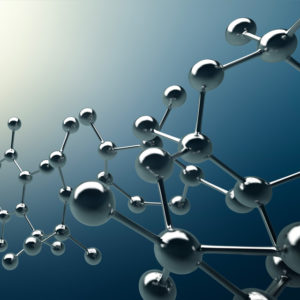Refractrometry
Home » Our Techniques » Spectroscopy » Refractrometry
Refractometry is an analytical method to measure the refractive index of a solid or liquid material. The refractive index is the ratio of the velocity of an electromagnetic wave in vacuum relative to its velocity in the material of interest. Refractive index can be measured between 1.30 and 1.71 at a wavelength of 589.3 nm, using an Abbe refractometer.
Ideal Uses of Refractometry
- Liquids
- Glasses
- Plastics, polymer films
- Determination of the mass percentage of sugar in water
- Determination of the composition of binary mixtures

Strengths
- Fast measurement
- High accuracy
Limitations
- Limited measurement range
- The refractive index can only be determined at one wavelength
- Sample must be light transmissive at the measurement wavelength used
Refractometry Technical Specifications
Characteristics of Abbe refractometer:
- Obtained information: Refractive index and dispersion
- Sample types: Solids and liquids
- Sample size: Approx. 10×10 mm (glass polished surface)
- Measuring range: 1.30-1.71 nD
- Accuracy: 0.0002
- Temperature range: 0-150oC
Would you like to learn more about using Refractrometry?
Contact us today for your Refractrometry needs. Please complete the form below to have an EAG expert contact you.